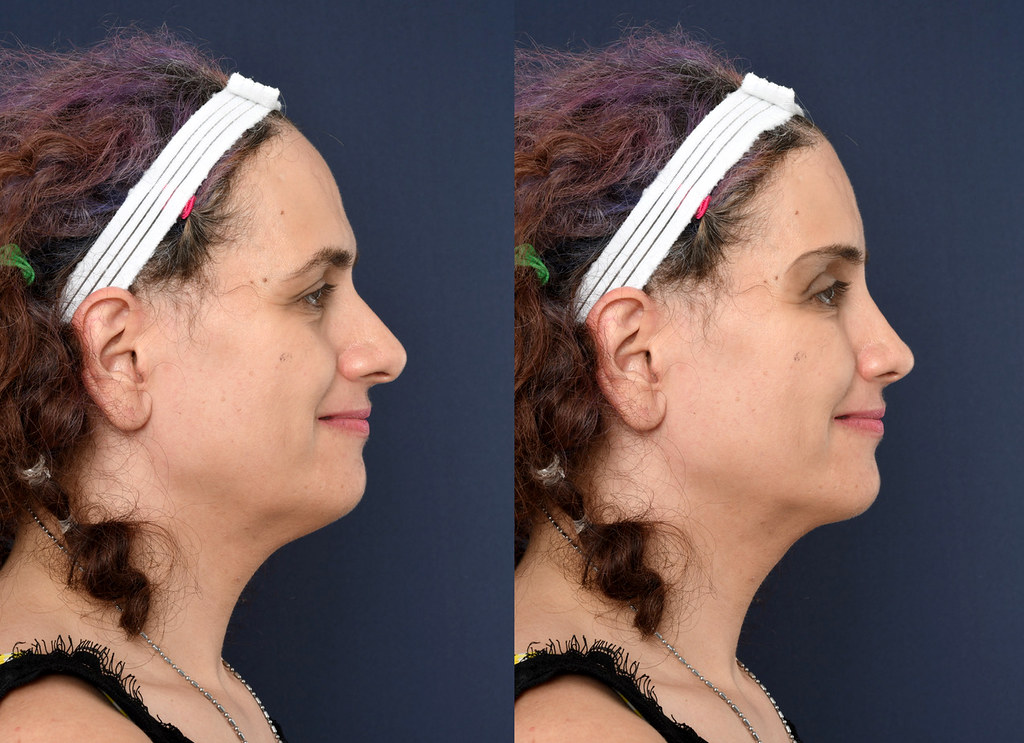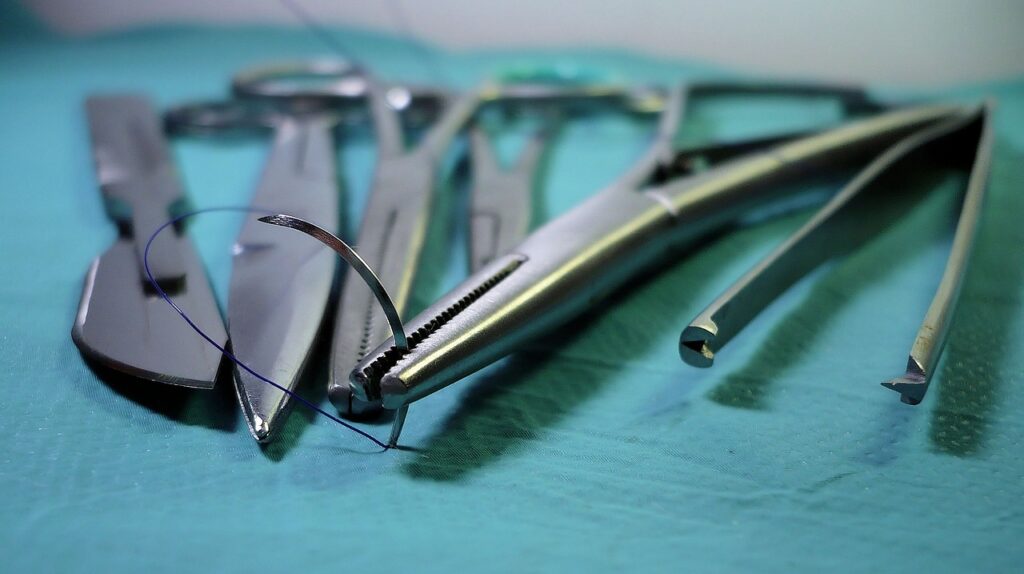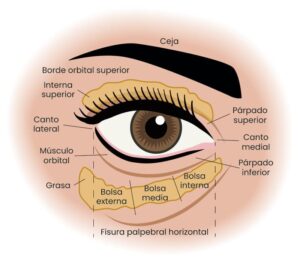Pre-operative and post-operative care is essential to ensure that your recovery is smooth and without complications.
Before surgery, it’s important to deal with any anxiety and make sure you understand the procedure.
After surgery, pay close attention to your body’s signals, manage pain effectively and watch out for signs of infection.
Following the wound care instructions and taking the prescribed medication is essential.
Don’t hesitate to seek help if something seems wrong.
By prioritizing communication and support throughout this process, you will improve your recovery journey.
There is much more to explore about how to optimize your care experience.
Key points
- Emphasize the importance of monitoring the progress of recovery and managing pain effectively after surgery.
- Educate patients on how to recognize warning signs of complications and when to seek help.
- Reinforce the importance of following prescribed medication and dietary guidelines for an optimal recovery.
- Collaborate with the healthcare team to ensure proper care of the surgical wound and minimize the risk of infection.
- Use age-appropriate communication strategies when preparing pediatric patients and involve their families in their care.
Pre-operative care vs. post-operative care


Preoperative care focuses on ensuring your well-being before surgery, dealing with anxiety and gathering the medical history essential for informed consent.
This phase sets the stage for a safe surgery, emphasizing the importance of critical signs and checking the surgical site.
In contrast, post-operative care kicks in once you’re in recovery, focusing on monitoring recovery progress, managing pain and watching for signs of infection.
Both stages are essential, and following the pre- and post-operative guidelines will help you achieve a smoother post-surgical recovery, allowing you to regain your freedom sooner.
Your health journey deserves collaboration and care at every stage.
Pre-operative preparation and post-operative recovery for a child


Start by establishing a good rapport and collecting a detailed medical history, focusing on any previous experience with anesthesia and existing health conditions.
Discussing the procedure with age-appropriate language can ease anxiety and help the child understand what is happening.
Involve the family to provide support and reduce stress.
After surgery, monitor essential signs and assess any complications, such as nausea or pain.
Clearly explain post-operative care, emphasizing what to watch out for during recovery.
Scheduling follow-up appointments ensures ongoing support.
Pre- and post-operative care instructions


Following these guidelines will help you feel prepared and confident:
- Confirm your insurance benefits and collect copays on the day of surgery.
- Arrive at the hospital 2 hours before the scheduled time for your surgery.
- Monitor worrying symptoms after surgery, such as fever or excessive bleeding.
- During your recovery, follow the prescribed medication and dietary instructions.
- Make sure to schedule follow-up appointments as necessary.
- If you experience any unusual symptoms, don’t hesitate to contact our office.
Your well-being is our priority, and we are here to support you every step of the way.
Pre-operative and post-operative recommendations for surgical wound care interventions
Surgical wound care is essential to ensure optimal recovery and minimize complications, especially for high-risk patients.
According to a systematic meta-review of Cochrane reviews, preoperative and postoperative interventions play an important role in improving patient outcomes.
When preparing for surgery, focus on understanding recommended care practices that can significantly reduce infection risks and promote healing.
Collaborating with your healthcare team regarding preoperative assessments and postoperative monitoring can provide clarity on what to expect.
Preoperative care vs. postoperative care | Procedures and Examples
Navigating the journey from pre-operative to post-operative care can be daunting, but you are not alone in this process.
Understanding the distinct phases helps you cope with your experience: Preoperative care: Focuses on risk assessment, psychological support and informed consent. Post-operative care: Emphasizes monitoring recovery, pain management and education about warning signs.
Both stages aim to minimize complications and ensure a smooth transition.
During preoperative care, medical history and essential signs are key to identifying risks.
In contrast, post-operative care focuses on following your recovery progress and dealing with any emerging problems, such as infections or pain.
Frequently asked questions
What are the signs of infection after surgery?
After surgery, look out for signs of infection such as increased redness, swelling, heat or discharge at the incision site.
You may also experience fever or persistent pain.
Don’t hesitate to contact your healthcare professional if you are concerned.
What is the typical recovery time after surgery?
The typical recovery time after surgery varies, but generally ranges from a few days to several weeks.
Factors such as the type of procedure, your health and how well you follow the post-surgical instructions can influence healing.
What dietary restrictions should I follow after surgery?
After surgery, you should follow a light diet, avoiding spicy or heavy foods.
Stay hydrated and gradually reintroduce normal foods according to your tolerance.
Always consult your doctor for personalized dietary guidelines during your recovery.
When should I contact my doctor after surgery?
You should contact your doctor if you experience unusual pain, fever, excessive bleeding or any worrying symptoms.
It is important to maintain a proactive attitude towards your recovery to ensure that everything is progressing as expected.
Your health is important!
Are there specific exercises to help with post-operative recovery?
Yes, light exercise such as walking or stretching can help your recovery.
Focus on taking deep breaths and gradually increasing activities as directed by your healthcare team.
They will help you regain your strength while ensuring your safety.”






